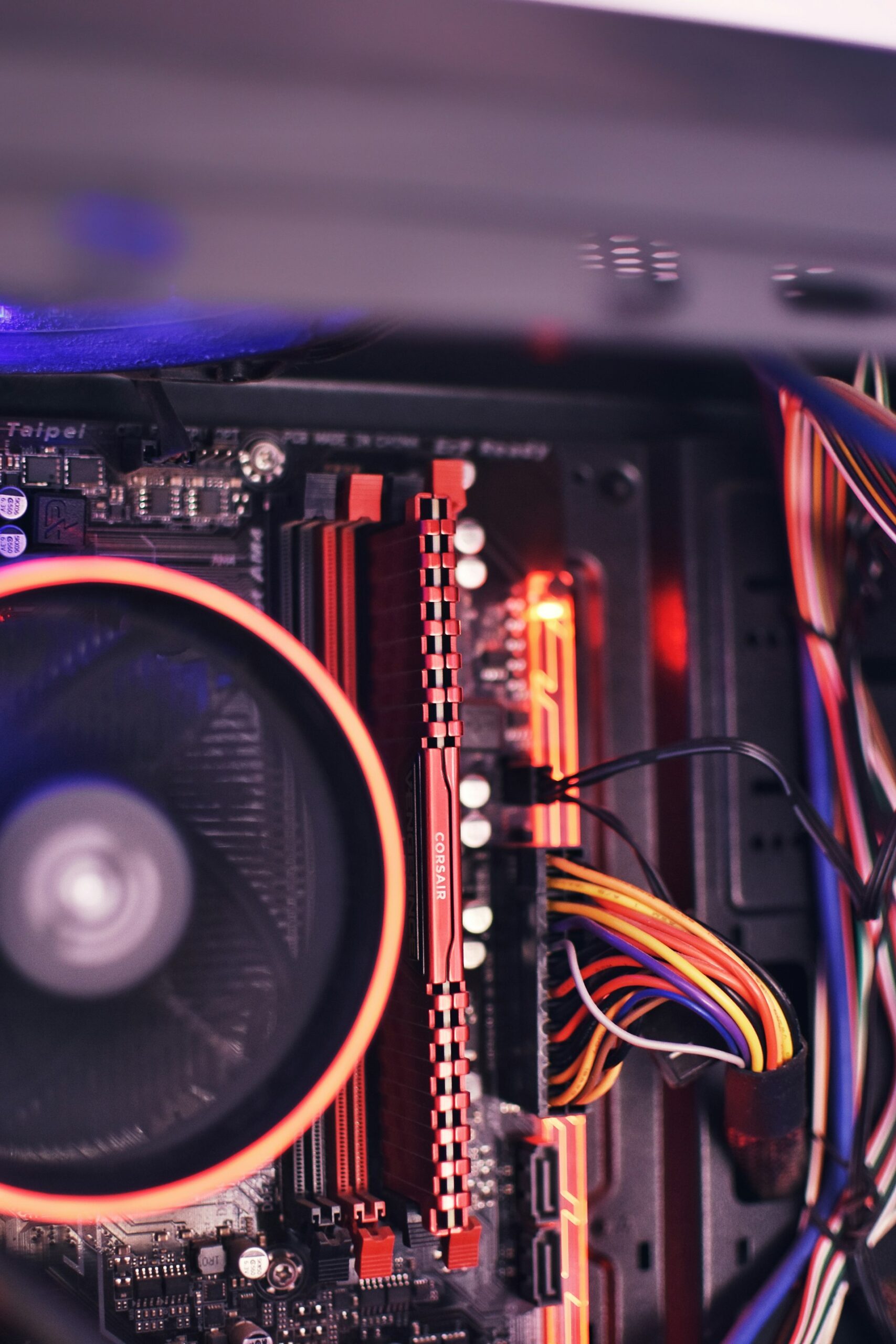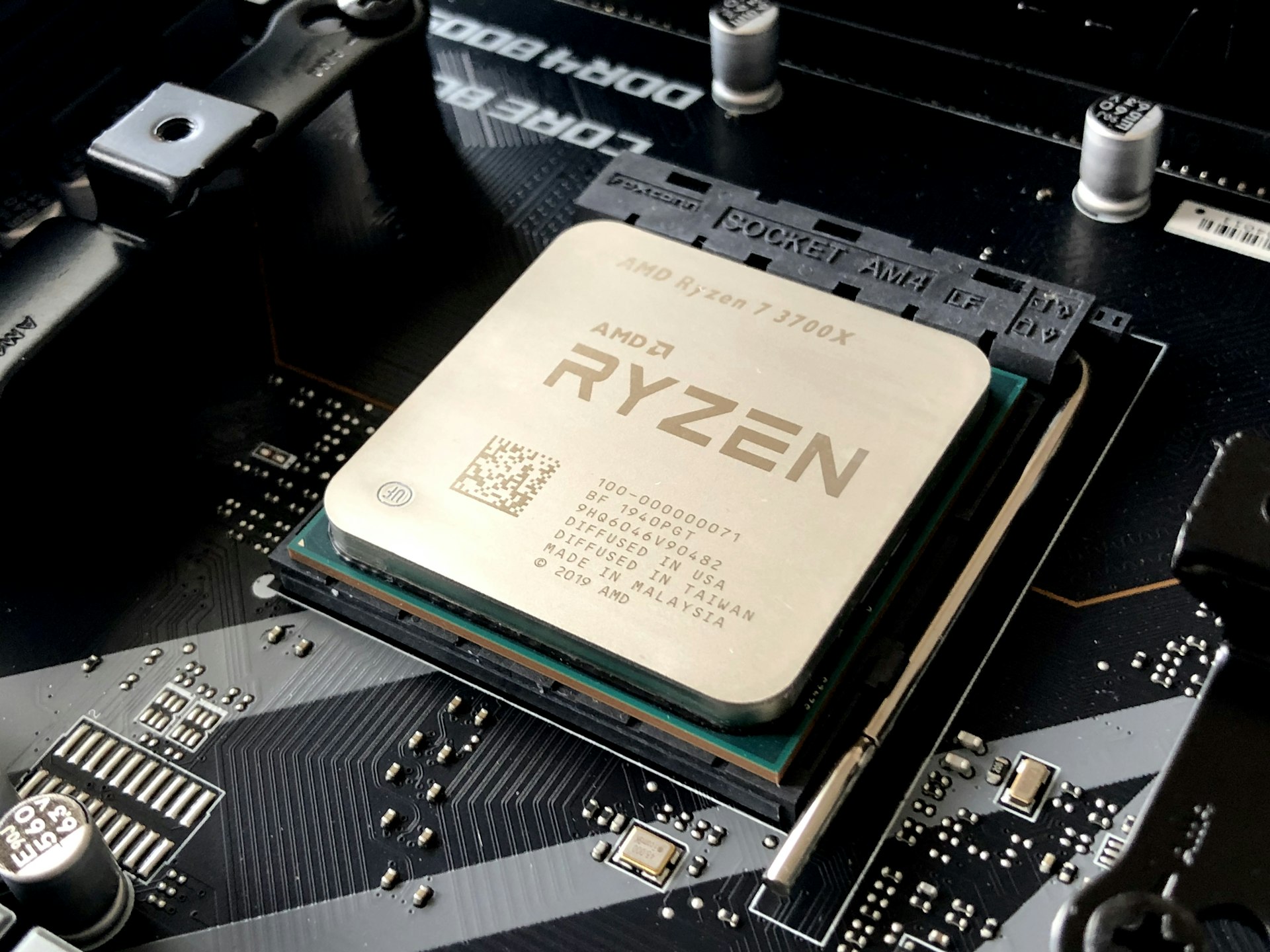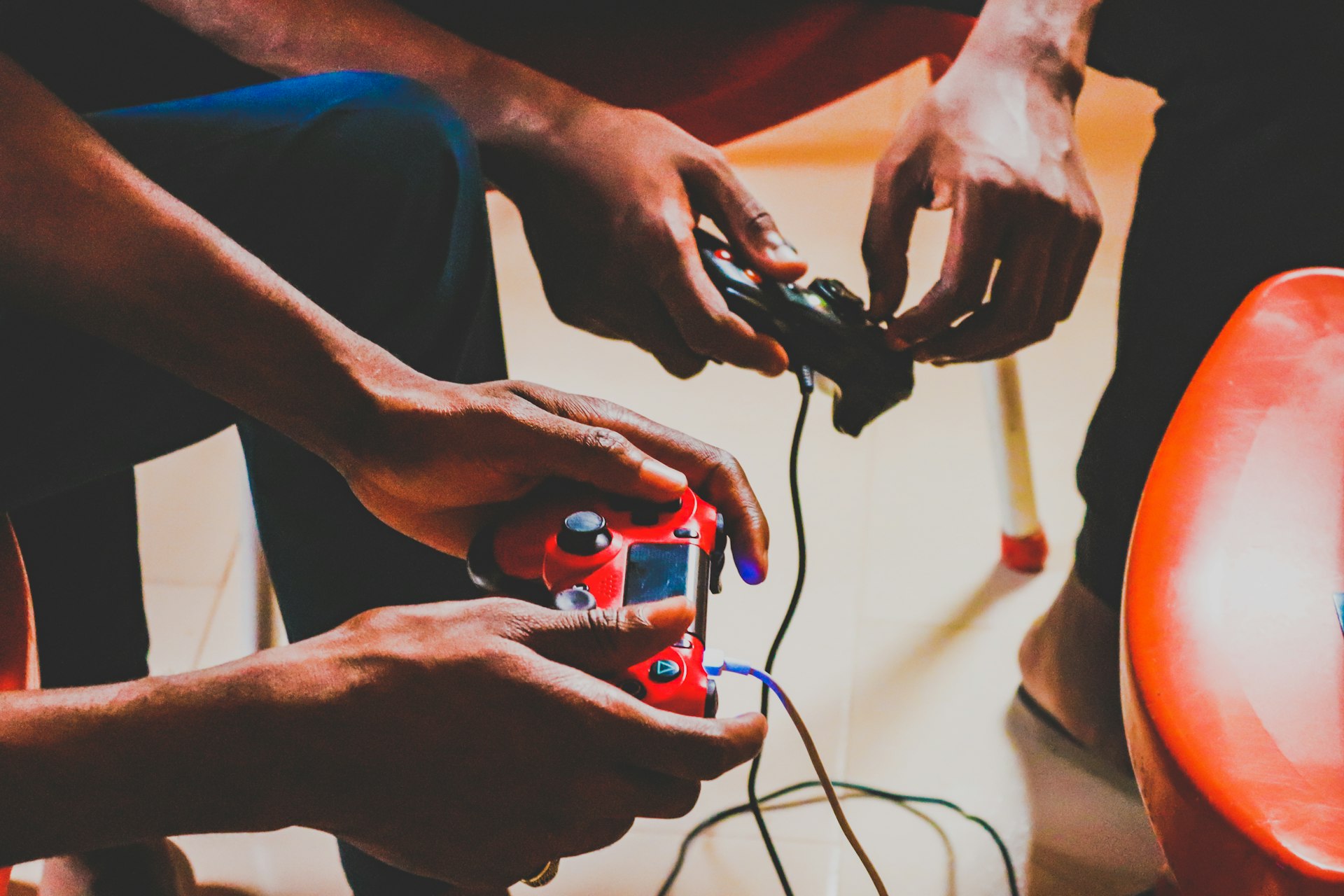Balancing Play and Productivity: How Gaming Influences Your Work-Life Harmony

Photo by Jakub Żerdzicki on Unsplash
Introduction: The Intersection of Gaming and Daily Balance
As gaming continues to grow in popularity across all age groups, its influence on daily life-especially work-life balance-has become a critical topic. For many, games offer an opportunity for relaxation, connection, and mental detachment from work. Yet, for others, excessive engagement can disrupt routines and undermine well-being. Understanding both the positive and negative impacts of gaming is essential for anyone seeking to integrate play into a healthy, productive lifestyle.
Positive Impacts: Gaming as a Tool for Recovery and Well-Being
Research highlights that strategic gaming can be an effective way to recover from work-related stress. Immersive gameplay can provide psychological detachment, relaxation, and a sense of mastery-all crucial elements for mental recuperation after demanding workdays. Studies have found that when individuals select games that match their recovery needs (such as relaxation or challenge), they can optimize their downtime and return to work more refreshed. For example, a recent study identified that a carefully chosen game can help players detach from work pressures and restore mental resources, reducing the risk of long-term stress effects [1] .
Real-world examples include professionals who set aside 30-60 minutes after work to play games that offer either calming experiences or engaging challenges. This deliberate choice allows them to transition out of a work mindset, supporting overall well-being and productivity the next day.
Potential Downsides: Risks of Excessive Gaming
While gaming can be restorative, excessive or unregulated play may lead to occupational and personal disruptions. According to research during the COVID-19 pandemic, individuals who engaged in prolonged online gaming often found their daily routines disrupted, resulting in delayed or neglected work and personal responsibilities. This imbalance can induce stress, anxiety, and other mental health challenges [2] .
Common signs of gaming-related imbalance include trouble meeting deadlines, reduced motivation for work or study, and strained relationships. For instance, a software engineer reported that late-night gaming sessions led to chronic sleep deprivation, impacting focus and job performance. Experts recommend planning routines, using digital well-being apps, and tracking gaming time as practical steps for maintaining balance.
Gaming Industry and Work-Life Balance: The Case of Developers
The impact of gaming on work-life balance isn’t limited to players; it’s a significant concern within the gaming industry workforce itself. Surveys from 2025 reveal that professionals in game development face escalating workloads, with the average self-reported workload rising to 7.8 out of 10. As a result, 72% of industry workers report increased stress or anxiety, 36% experience physical fatigue, and many note diminished motivation [3] .
This phenomenon, often referred to as “crunch culture,” involves extended periods of overtime to meet project deadlines, sometimes at the expense of personal health and relationships. The industry is now recognizing the need for supportive management, open communication, and policies to protect employee well-being. If you work in gaming, consider connecting with HR or employee assistance programs, and advocate for reasonable deadlines and workload transparency.

Photo by Padraig Treanor on Unsplash
Strategies for Achieving a Healthy Gaming-Work-Personal Life Balance
Maintaining a healthy balance requires intentional strategies and regular self-assessment. Here’s how you can take actionable steps:
- Set Clear Boundaries: Designate specific time blocks for gaming, work, and personal activities. Use phone alarms or digital well-being features to limit sessions.
- Choose Games Purposefully: Select games that match your recovery needs-whether you seek relaxation, social connection, or challenge. Avoid games that are designed to maximize engagement at the expense of time.
- Track Time and Reflect: Keep a simple log of your gaming habits, noting how you feel before and after play. Adjust your schedule if you notice negative impacts on your productivity or relationships.
- Plan Social and Offline Activities: Balance online play with in-person socializing, exercise, and hobbies. This diversifies your sources of relaxation and fulfillment.
- Seek Support When Needed: If gaming is affecting your work or well-being, consider consulting a mental health professional or talking with trusted friends or colleagues. Many organizations offer employee assistance programs, and you can find licensed counselors by searching for “mental health services” along with your city or employer’s HR portal.
For parents and caregivers, it’s important to monitor not just the amount of gaming, but also the context. Encourage open discussions about gaming habits, set household guidelines, and explore games together to understand their content and social aspects.
Alternatives and Complementary Activities
Gaming can be part of a balanced lifestyle, but it’s vital to integrate other restorative activities as well. Alternatives include reading, outdoor recreation, mindfulness exercises, and creative arts. Many individuals find that combining gaming with physical activity-such as using fitness games or taking active breaks-enhances both enjoyment and well-being. For more ideas, you can use search terms like “healthy leisure activities” or “work-life balance hobbies” in your preferred search engine or consult community centers and local organizations for group activities.
Challenges and Solutions: Addressing Barriers to Balance
Several common challenges can disrupt a healthy balance, including peer pressure, game design that encourages long sessions, and workplace expectations (especially in the tech sector). Solutions may involve:
- Advocating for workplace wellness: Employees can propose wellness initiatives or flexible scheduling to employers. If you’re unsure where to start, contact your HR department or search for “employee wellness programs” for your specific industry.
- Digital well-being tools: Use built-in features on smartphones and gaming consoles to set limits. Many platforms offer parental controls, playtime reports, and automatic reminders to take breaks.
- Community and peer support: Join online forums or support groups focused on healthy gaming habits. Organizations such as the International Game Developers Association (IGDA) and local mental health nonprofits may offer resources for both players and industry professionals. Always verify the legitimacy of any group before sharing personal information.
If you experience persistent problems maintaining balance, consider consulting a licensed professional. You can search for “behavioral health services” along with your location or check with your health insurance provider for covered options.
Key Takeaways and Next Steps
Gaming, when approached strategically, can serve as a powerful tool for relaxation and personal fulfillment. However, without clear boundaries and intentional time management, it can also disrupt routines and contribute to stress. To optimize your work-life balance:
- Assess your personal gaming habits and set realistic limits
- Choose games that align with your needs for relaxation, connection, or mastery
- Utilize available digital tools and community resources to maintain balance
- Seek guidance or support if you notice negative impacts on your health or responsibilities
For further information, use official resources and search for topics such as “digital well-being,” “healthy gaming,” or “work-life balance strategies.” If you are an employee in the gaming industry, consider reaching out to your HR department for available wellness programs or support services.
References
- [1] eWorkResearch (2023). Impact of Gaming on Recovery Experiences: Insights and Strategies for Balance.
- [2] National Institutes of Health (2020). Online Gaming During the COVID-19 Pandemic in India: Mental Health and Occupational Implications.
- [3] TechNET Immersive (2025). Is There Work-Life Balance in Gaming Jobs? Industry Survey and Insights.
MORE FROM savvysc.com













